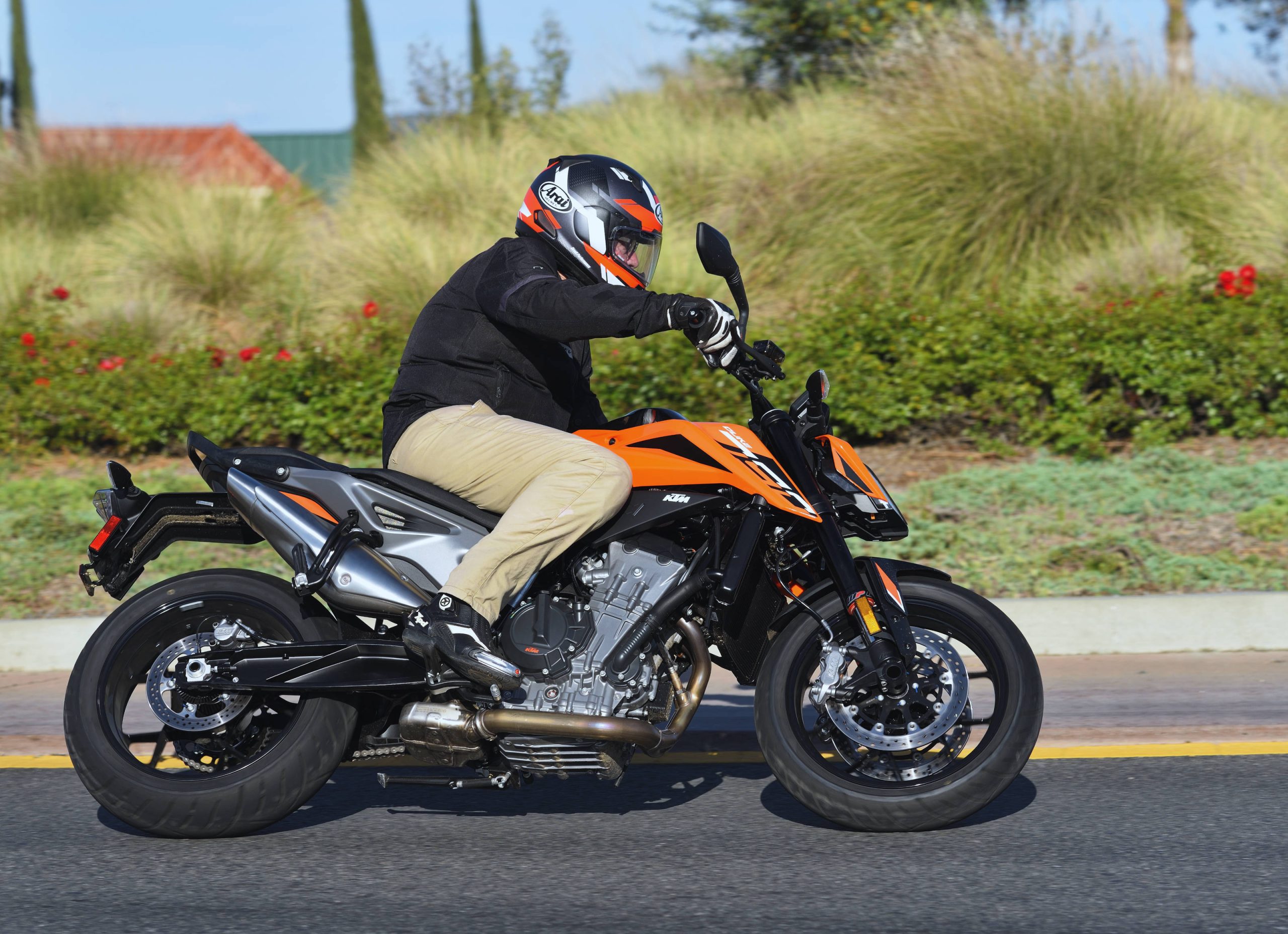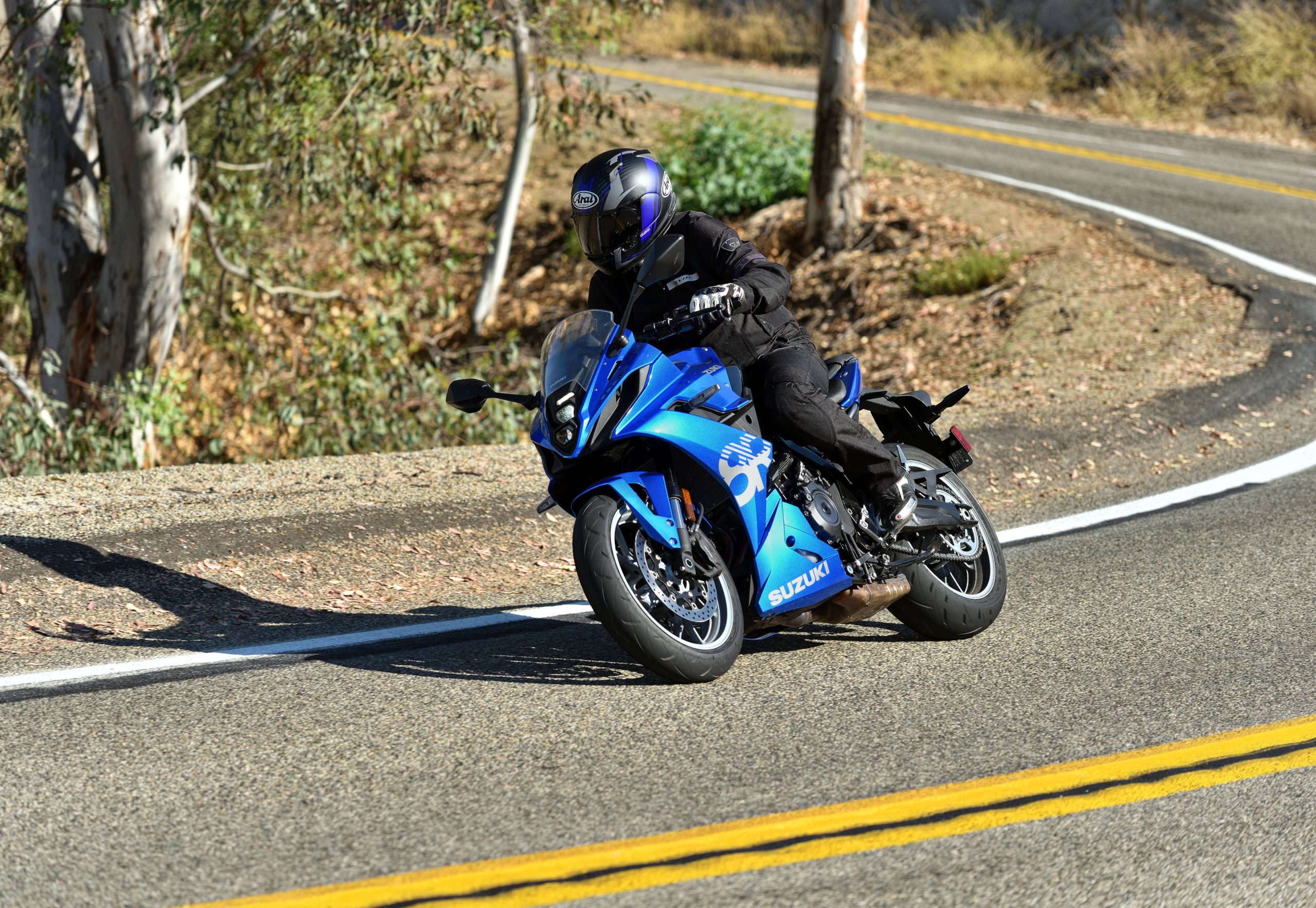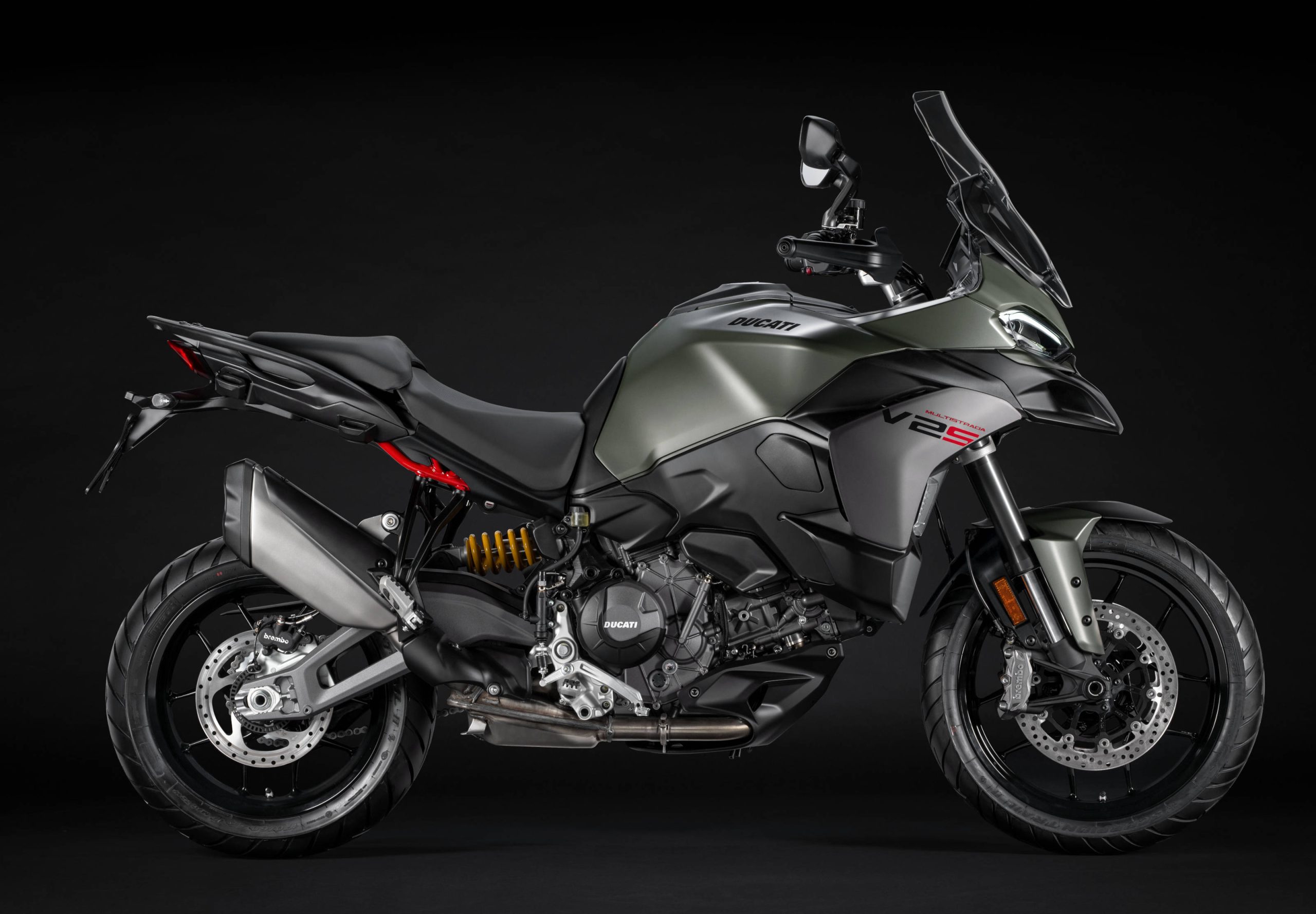In June, the MSF received from Shoei a donation of 2,100 premium X-Twelve helmets with an MSRP of approximately $700 each. Those helmets were then offered to the MSF’s national rider training network for a nominal fee for use by both RiderCoaches and students during MSF RiderCourses. A portion of the proceeds provided a mid-five-figure investment that was used to fund the recently added braking portion of the MSF 100 Motorcyclists Naturalistic Study.
“Whether riders effectively brake in emergency situations is a persistent question in the motorcycling community,” said VTTI Research Scientist Shane McLaughlin. “There appears to be evidence that if riders brake, they more commonly use too much rear brake and too little front brake to get the most out of their motorcycle’s braking ability. We’ve equipped the participating motorcycles with sensors that monitor rider input to the front brake lever and foot brake, and this will provide the first-ever measures of how riders brake during real-world, short-reaction-time, critical maneuvers.”
Each motorcycle in the MSF 100 Motorcyclists Naturalistic Study will be equipped with extensive Data Acquisition Systems (DAS), which include braking pressure sensors that determine whether the rider is using the front or rear brake. Another sensor measures the actual braking force. Also included in the DAS are five color cameras, a GPS, accelerometers, gyro, forward radar, machine vision lane tracker and more.
“Shoei and the MSF share the same goal,” said Shoei President Hiro Mizushima. “That is to help protect motorcyclists. Shoei does this by developing the best head protection available and MSF does this with the best rider training curriculum and innovative research. We are pleased that the helmets we donated will be used in their rider training and also that the helmet donation resulted in such an important contribution to the MSF 100 Motorcyclists Naturalistic Study.”
Three different locations will be used for outfitting, tracking and data collection from the 100 motorcycles over the coming year. In addition to VTTI in Virginia, the other data collection facilities are the MSF headquarters in Irvine, Calif., and the Motorcycle Mechanics Institute (MMI) in Orlando, Fla. According to the MSF, these locations are ideal because they offer a variety of riding conditions and traffic densities.
The Motorcycle Safety Foundation® promotes safety through rider training and education, operator licensing tests and public information programs. The MSF works with the federal government, state agencies, the military and others to offer training for all skill levels so riders can enjoy a lifetime of safe, responsible motorcycling. Standards established by the MSF® have been recognized worldwide since 1973.
The MSF is a not-for-profit organization sponsored by BMW, BRP, Ducati, Harley-Davidson, Honda, Kawasaki, KTM, Piaggio, Suzuki, Triumph, Victory and Yamaha. For safety information or to enroll in the RiderCourseSM nearest you, visit www.msf-usa.org or call (800) 446-9227.





